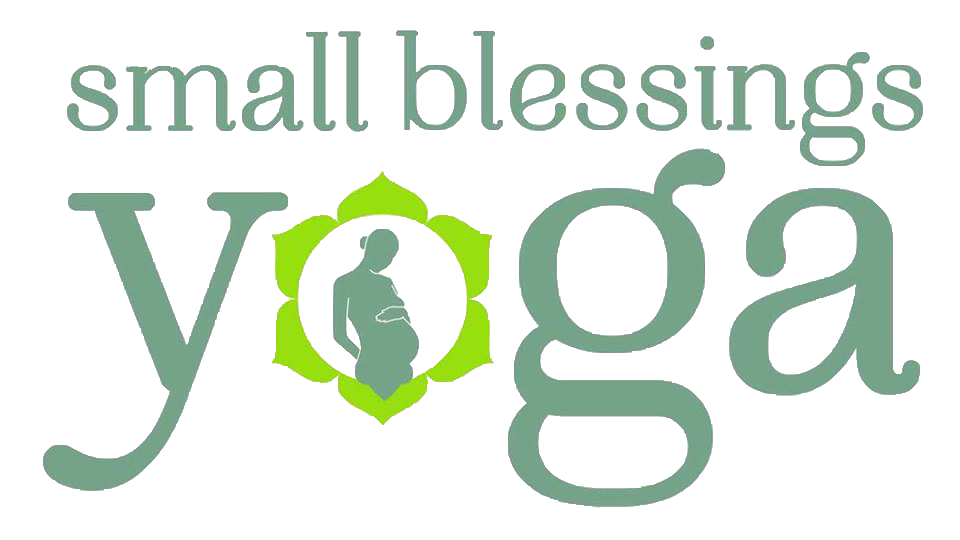World wisdom on the “4th trimester”
If we look at all traditional cultures around the world there is something they all have in common: they all recognise the first weeks following childbirth as a special time and they treat it as special. Here in the West of course we also recognise its specialness, but the dominant paradigm tends to favour and reward getting on with things and also, in general, managing alone.
But is this wisdom? Are we missing something? The rates of women (and also their partners) experiencing post-natal depression, anxiety and burn-out would suggest yes.
We’re hungry for wisdom in a challenging world and we deeply wish to give our children the best that we possibly can. We also intuit that there are other, more nourishing, ways to be and do.
A quick comparison of post-natal practices in traditional cultures reveals several key commonalities.
Warmth
Keep the mother (and baby) warm. Growing a baby required alot of blood and chi (life force). She may have lost blood in the birth. Keeping warm is essential to aid in the rebuilding of the blood and energy. The Chinese, with their understanding of the balance (and imbalances) of elements in the body are especially careful about draughts.
Rest
Rest, rest, rest, rest, rest. There is already SO much happening physically, with big neurological and hormonal changes, recovery from pregnancy and birth, changes to sleep patterns (often not enough), and huge emotional and spiritual adjustment to identity. Women stay in bed, sleeping, feeding and baby-gazing for as long as they like. The bond that is forming, the love that is being shared, is for life.
Nourishing food
Every culture has its special foods especially suited to the woman at this time. A commonality is tending towards wetter foods, like soups and stews and porridge, to rehydrate on a cellular level. Warming food, not raw. Tending to naturally sweet (not with refined sugar, though rapidura is a good source of vitamin B, but with honey or just the natural sweetness of oats for example, or pumpkin, sweet potato..). There are special recipes suited both for vegetarians and non-vegetarians (I’m vego, but I ate a Chinese post-natal soup after my second and third births and it was just the right medicine for me at the time).
Massage
In the Ayurvedic tradition of India, on a daily basis in the first 6 weeks the baby is massaged first, with that part begin completed with the baby at the breast, falling asleep. Then it’s the mother’s turn… This relaxes her, helps her nervous system, relieves aching shoulders from feeding and holding and encouraging good blood and energy flow. Also emotional release.
Belly Binding
Many traditional cultures have practices to help support the uterus, pelvis and pelvic floor as it regains in tone following birth. There are traditional forms of this such as wrapping the belly and whole abdomen with a long cloth (in Mexico it’s called a rebozo, which is also used during pregnancy, birth and later to wrap and carry the baby) and more modern forms, such as physio knickers - compressive underwear. One is maybe more romantic and stylish and the other less so! Both can be effective in giving support.
Practical Help
In cultures where multiple generations live together, there is always alot of hands-on help available. The woman has one job: caring for the baby. And so she (and her household, including other children) needs to be cared for so she doesn’t have to.
Love
Love, love, love, love, love. It’s massive, becoming a mother. Or a mother of more than one. Cultures that nurse a woman through this rite of passage physically, emotionally and spiritually recognise, accept and agree to this and make all the necessary space for the woman to go through this with utmost support, care and love. She’ll have a lot of emotions to feel. She’s also processing the brith experience. She’s slowly realising and coming to terms with the permanency of her new role! She’s going to emerge from this period as a mother, or a mother of more. How much more important a role can there be? So she is invested into, which of course flows on to the child.
Wisdom reviving
We’re perhaps turning a corner in our recognition of these above simple truths. Awareness is rising. Resources are growing, in the form of knowledge being shared, businesses offering post-natal services, including special meals and extra support. In some communities the meal train idea is embraced and carried out.
Beautifully, there are many ways you can approach the above, in your own way, with what’s available to you. A key thing to look out for is not putting pressure on yourself to do things “right”. But do listen to yourself, your feelings and needs and do what you can to communicate them and put whatever you feel you can into place. Observe if you come across the (in the West common, because learned) block of not wanting to ask for help. We are crippled in our culture by our insistence on independence when, in reality, humans are at times totally dependent. We need each other. And that is actually more than OK. It’s a wonderful thing.
Would you like to hear more about the special window of time after birth from the Kundalini Yoga tradition?


